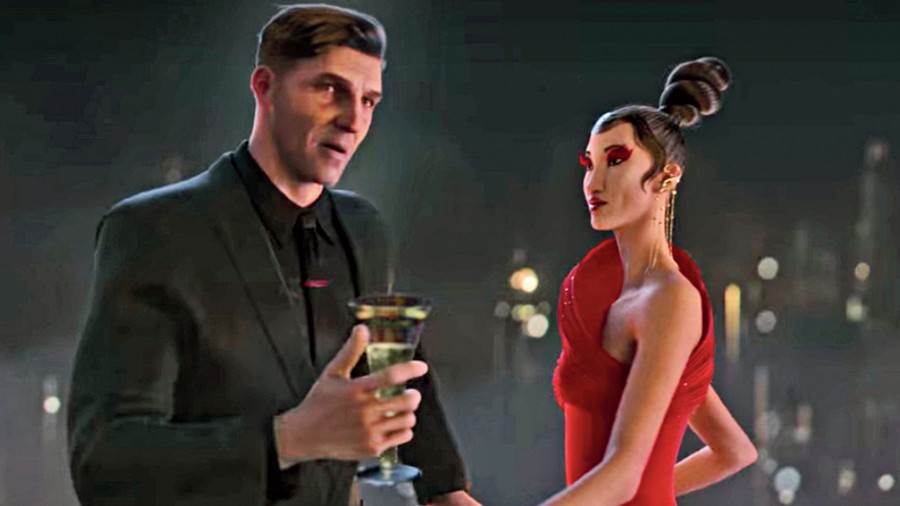Love, Death + Robots (LDR), Netflix’s uniquely animated shorts of 18 episodes that released in March 2019, captured the attention of a global audience, similar to the talent harnessed to create the anthology. Each film, of durations of six to 18 minutes, directed by different teams from across the world, witnessed severely distinct styles of art and graphics with some live-action roles played by the likes of Topher Grace and Mary Elizabeth Winstead in Ice Age in Season 1. Two years and an ongoing pandemic with delayed timelines later, Season 2 of the show is back with eight more episodes which might not be excellent in its diversity of graphical styles but manages to pack a punch in terms of storytelling.
Technology and the magic realism quotient of the show continue to shatter boundaries in this season, where from the very second episode, the stories appear to wander too close to reality for comfort. However, what was the intensity of shock value in the previous season, is the tugging at emotional strings that bind together civil society and its oftentimes awful norms in this season.
There is repeated commentary on class distinction and racial undertones told through futuristic tales where human beings live for thousands of years. The one repeated question that most episodes end up obsessing over is the human greed for immortality. Do we really want to live forever, and what happens after a couple of centuries? What are the sacrifices we will willingly make in exchange for continued life and youth? In Automated Customer Service, a world of octogenarians train and operate machines to do every bit of work for them. The class subjugation of the unknown, in this case, the machines, results in the inevitable and uncontrollable uprising that is omnipresent, diverse and relentless. As machines of various shapes and sizes hurtle down a road, ‘Viva la revolution’ they seem to be screaming.
In Pop Squad, human beings barter the ability to procreate to be able to live forever with their ‘Reezo shots’ –– a chemical booster of some kind that demands a visit to the doctor. But does living for over two centuries successfully distance you from the emotions one needs to bury deep to survive? Is the meaning to human life hidden in the hands of the progeny?
Good art should ideally raise questions in the mind and LDR manages to do just that with a hand that is firm, concise and precise. The theme of immortality further continues in Snow in the Desert where an albino man is on the run in a decrepit and hot planet with the magical powers to regenerate himself. As bounty hunters close in on him, the machine and the real collide amidst a canyon-esque setting at dusk. This singular moment could well be the defining one of the show.
In Ice, two brothers are distanced by their ‘modded’ and ‘unmodded’ status. From the outer surface, developed physical strength and agility seem to be the only benefit of being modded. However, as adventure-hungry teenagers set out on a dark mission to witness dangerous frost whales on an icy planet, the lines of discrimination for the unmodded brother are momentarily exaggerated. We don’t know what the elevated status of modding has to offer to provide the perfect commentary on struggles with racism that can even begin in your own house.
Michael B. Jordan appears in the live-action episode Life Hutch where he is stuck in a continuous loop of survival. However, it is the final episode of The Drowned Giant, a modern take on Gulliver reaching the land of Lilliputs. Only that Gulliver is a dead body and the Lilliputs are human beings crowding around a new sensation that has literally washed up ashore. Told through the dry narration of a scientist who is ironically most moved by the presence of the dead, this episode traces the lifecycle of any new distraction that arrives into society, plunging it into deep upheaval only to be forgotten the next.
Giving us plenty to think about, LDR only disappoints in its brevity and not on storytelling. With another season slated for release in 2022, we don’t mind the brevity either!











